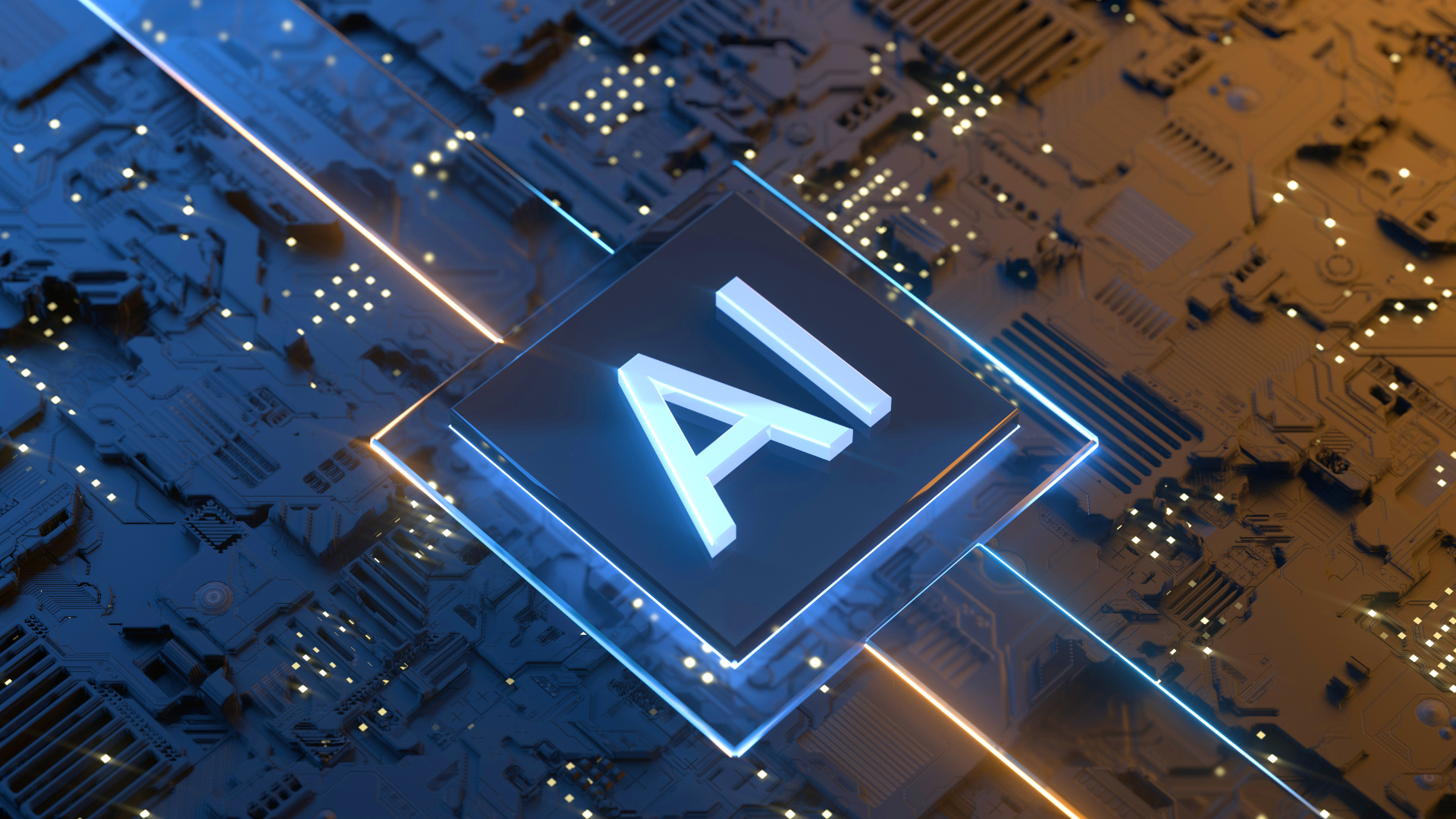
Understanding Artificial Intelligence – Career, Admissions, and Requirement
Are you curious about the exciting advancements being made in artificial intelligence? Want to learn more about the rapidly growing field and how it can impact your career? Look no further!
In this blog post, we will explore the ins and outs of artificial intelligence, including admission requirements for AI programs, potential career paths within the industry, and what skills are needed to succeed.
Whether you’re a student considering an AI degree or just looking to broaden your knowledge of this cutting-edge technology, read on for all things AI!
The Different Types of Artificial Intelligence
There are three primary types of artificial intelligence (AI):
- Reactive machines: These are the simplest form of AI, and they can only react to the environment around them. They can’t form memories or make decisions on their own.
- Limited memory: AI systems with limited memory can remember past experiences and use that information to make informed decisions in the present. This type of AI is often used in self-driving cars, which need to be able to anticipate the actions of other drivers on the road.
- Generalized AI: This is the most complex form of AI, and it’s designed to imitate human cognition. Generalized AI systems are often used in research and development, as they can solve problems on their own without any human input.
The History of Artificial Intelligence
The history of artificial intelligence (AI) can be traced back to the early days of computing. In 1950, Alan Turing published a paper titled “Computing Machinery and Intelligence” in which he proposed the famous Turing Test as a way to measure a machine’s intelligence. The field of AI research was officially founded at a conference held at Dartmouth College in 1956.
Since then, AI has made tremendous progress, with computers becoming increasingly capable of performing tasks that once required human intelligence, such as playing chess and solving complex mathematical problems. However, despite these advances, AI still faces many challenges, including the problem of how to endow machines with common sense and the ability to learn from experience.
Despite these challenges, AI continues to make strides forward, with new applications being developed all the time. For example, AI is being used in healthcare to help doctors diagnose diseases and plan treatments; in finance to identify investment opportunities; and in retail to recommend products to consumers. As AI technology continues to evolve, even more, innovative and impactful applications will likely be developed in the years ahead.
The Future of Artificial Intelligence
Artificial intelligence is still in its early developmental stages, which means that the future of AI is still largely unknown. However, there are a few potential scenarios that could play out in the coming years.
One possibility is that AI will become more widespread and integrated into society. This could lead to several changes, such as humans and robots working side-by-side, or even cyborgs (humans with artificial limbs or organs). Additionally, AI might be used to create smarter cities, where everything from traffic lights to power grids is controlled by algorithms.
Another possibility is that AI will become more powerful and sophisticated, eventually surpassing human intelligence. This could have several implications, both good and bad. On the one hand, machines could outperform humans in every field, leading to great advances in science and technology. On the other hand, this could also lead to humans becoming obsolete and even enslaved by their creations.
Of course, these are just two possible futures for artificial intelligence. It’s impossible to say for sure what will happen as AI continues to develop. However, one thing is certain: the future of AI is sure to be fascinating.
How to Get Started in a Career in Artificial Intelligence?
If you are looking to get started in a career in Artificial Intelligence (AI), there are a few things you should know. First, AI is a rapidly growing field with many opportunities for those with the right skills and training. However, because AI is still a relatively new field, it can be difficult to find information on how to get started.
Here are a few tips on how to get started in a career in Artificial Intelligence:
- Educate yourself on the basics of AI. If you want to work in AI, you must have a strong understanding of the basics. There are many resources available online and in libraries that can help you learn more about AI.
- Choose an area of focus. Once you have a basic understanding of AI, you will need to choose an area of focus. This can be anything from natural language processing to robotics. Choose an area that interests you and that you feel you would be good at.
- Get experience. One of the best ways to get started in a career in AI is to gain experience. There are many ways to do this, such as internships or volunteering for projects related to your chosen area of focus. Getting experience will not only help you learn more about AI, but it will also make you more attractive to potential employers.
- Network with others in the field. Networking is important for any career, but it is especially important in AI since it is still a relatively new field. Connect with other AI professionals and learn more about the industry through events, online forums, and social media.
- Keep learning. To stay ahead in a career in Artificial Intelligence, you must stay up-to-date with the latest developments in the field. You can do this by attending conferences or taking classes related to AI and machine learning.
Understanding artificial intelligence is the key to getting more out of your career and staying ahead in this ever-changing world. With the right education, training, and guidance you can make a successful leap into this field and create an impactful AI-driven future.
If you are looking for potential opportunities related to Artificial Intelligence, consider researching admission requirements for different universities or tech organizations that offer programs, internships, or certification courses in AI.
Becoming well-versed with A.I., its applications and trends will put you one step closer to achieving success within this industry.
You May Also Like

How WiFi is Helping with Assisted Living and Other Areas of Life
August 17, 2021
Tips for Choosing a Good Smartphone And Quality
August 2, 2023
